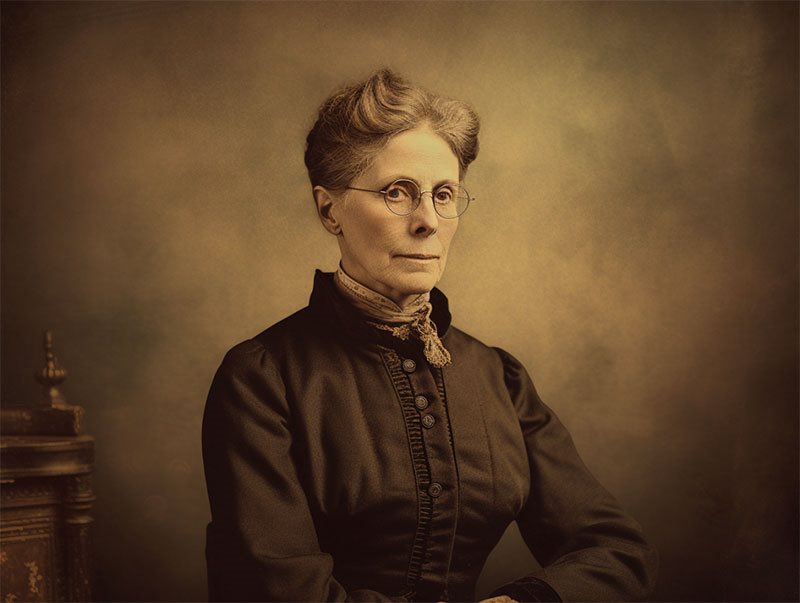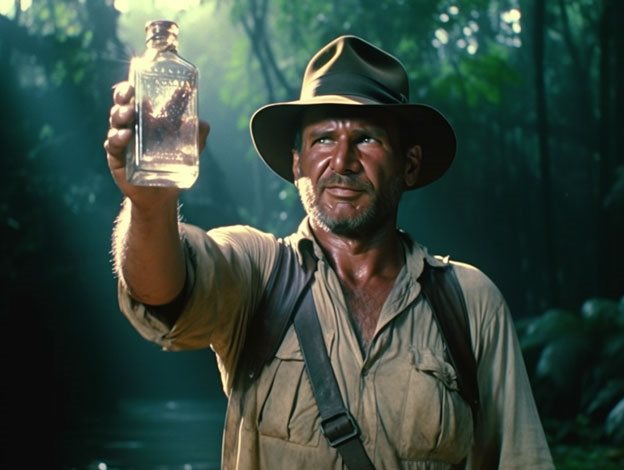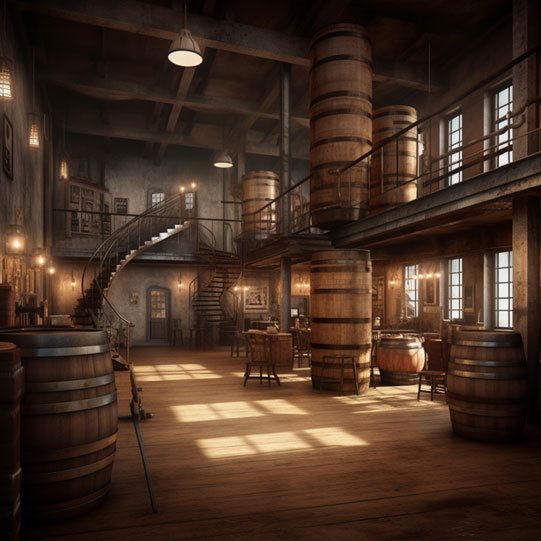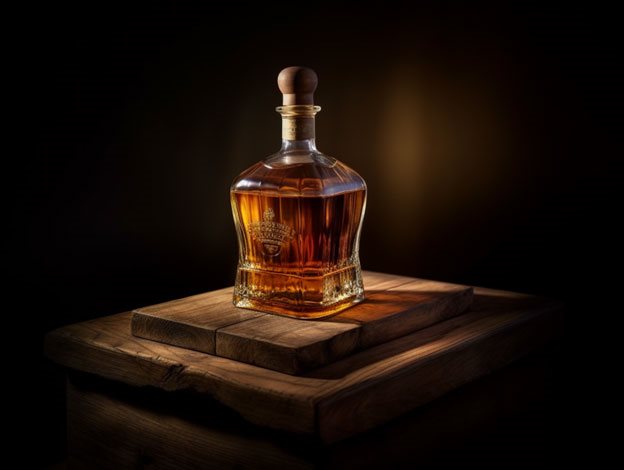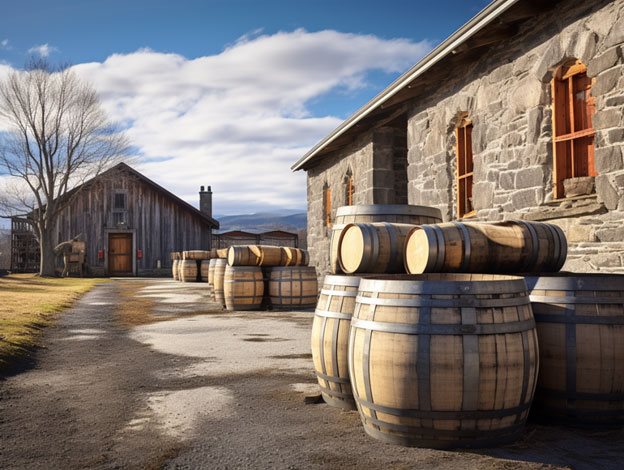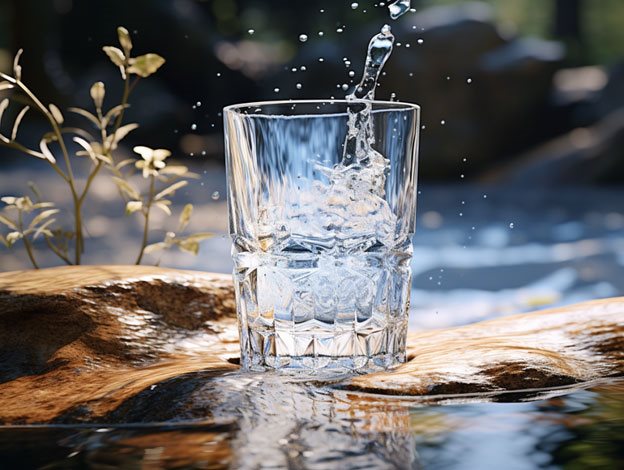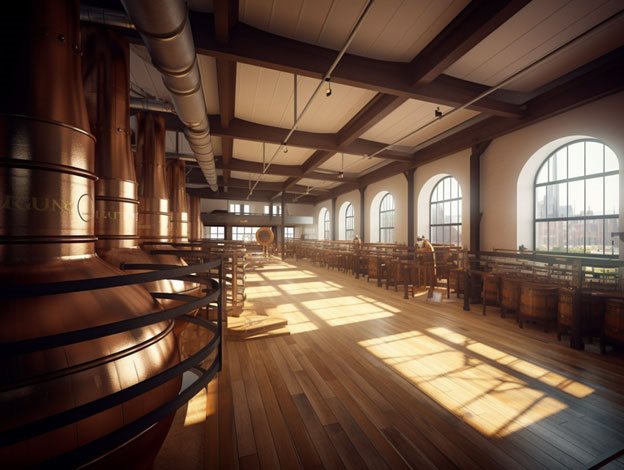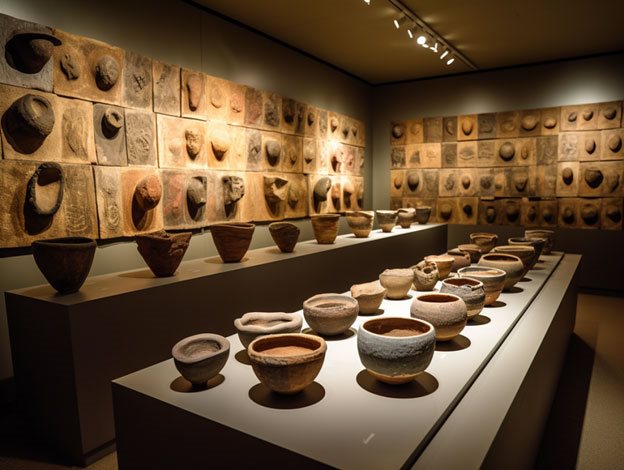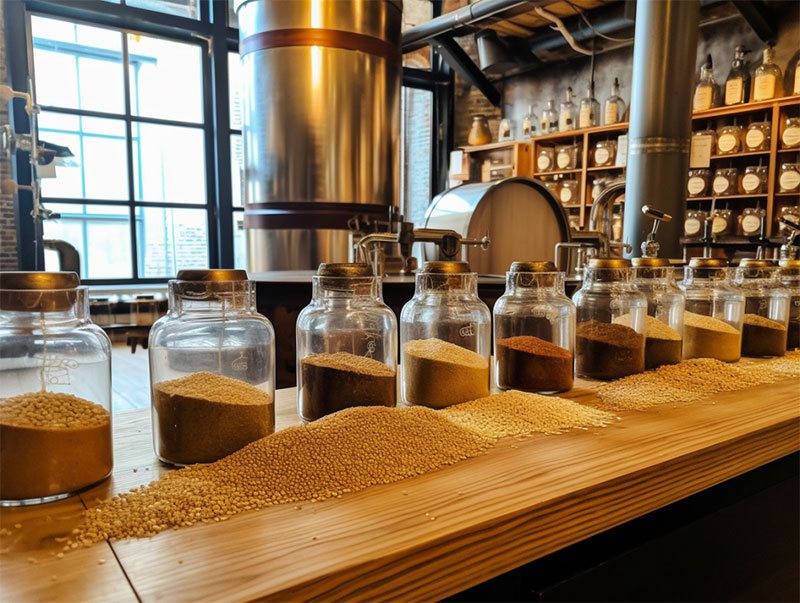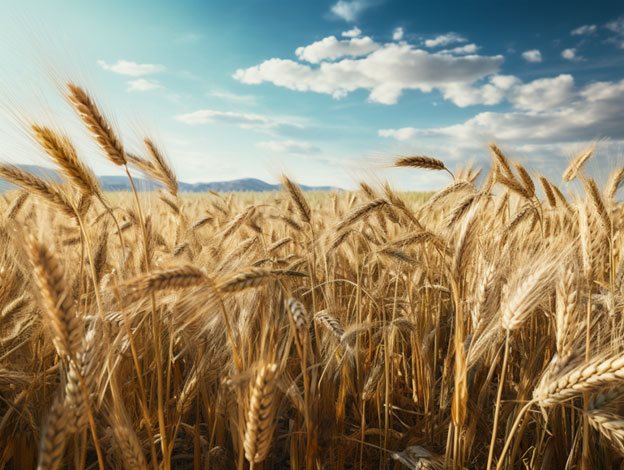Water, water everywhere, but not a drop to drink? Not so in whisky production! Here's a playful dive into the scientific significance of water in crafting the spirit we all adore. Ready for a splash? Let's dive in!
Water in the Mash
The whisky journey begins with mashing, where water plays the key role of extracting sugars from the malted barley, creating the sweet liquid known as wort. The quality of water here can directly influence the effectiveness of this extraction process. High mineral content, particularly calcium and magnesium, can aid in this sugar extraction and also provide nutrients to yeast during the fermentation process.

Water in Fermentation
Speaking of fermentation, water again plays a vital role. The yeast feasts on the sugars in the wort, producing alcohol, carbon dioxide, and congeners (flavour compounds) in the process. The mineral content in the water can have a notable impact on yeast activity and health, influencing the rate of fermentation and the production of congeners.
Water in Distillation
Distillation, too, needs water. While the water used directly in the process does not significantly influence the final flavour, water is used for cooling in the condensers that transform alcohol vapours back into a liquid spirit. Consistent water supply is crucial for this cooling process to work efficiently.
Water in Maturation
Even after our whisky is distilled, water hasn't finished its magic. Whisky matures in casks over years, and during this time, the spirit interacts with the ambient humidity and temperature. In regions with a moist climate, like Scotland, whisky can lose more alcohol than water during maturation, resulting in a decrease in alcoholic strength over time. Conversely, in drier climates, like Kentucky, more water can evaporate from the casks, increasing the spirit's alcoholic strength.
Water for Dilution
Finally, before bottling, most whiskies are diluted to a more approachable strength, typically around 40-46% ABV. The water used for dilution can have a considerable impact on the final product's taste and character. For example, many Scottish distilleries take pride in their water sources, such as springs or streams, believing the unique mineral content contributes to their whisky's distinct character.
The Water's Edge
So, what's the takeaway? Water isn't just the 'elixir of life'; it's also the 'elixir of whisky'! From the mashing process to the final dilution, water is a constant companion in the whisky production journey, and the qualities it brings can make a world of difference. So, let's raise a glass to H2O, the unsung hero of whisky production. Cheers!



